“They are scared. You can hear it in their voices,” someone wrote to me today from Tehran. And in this case the “they” is what’s left of the Iranian military and intelligence commanders. And perhaps Khamenei, too (strikingly absent from the air waves since a speech on Friday morning). Israel’s strikes, yet another show of tactical brilliance from the ever-resourceful Mossad, stunned the Islamic Republic in a brutal display of military and intelligence superiority. Iran is quite simply reeling, and the only question now is how far will Israel go, and to what end? Who, if anyone, will pick up the pieces of a broken Islamic Republic? For now, more than ever, the Islamic Republic faces internal splits, a crisis of confidence and a relentless Israeli military and intelligence machine with all the cards, to use a Trumpism. But as has been the case since October 8, as Israel struts its hardware over the region, the most important question is, “How does this all end?” Tactical geniuses are not always strategic masters, as Israel has shown us repeatedly.
Whether the US knew about the attack in advance or not (they did) will, I feel, be a footnote in the history of this story, which begun many years ago with Netanyahu banging a large drum on the international stage, and telling everyone one day he would do something about Iran’s nuclear ambitions. And now he has done something. Perhaps not as conclusive as he’d have liked, for Iran may still stun the world and announce they have a nuclear weapon. Yet given everything we’ve seen and heard from Tel Aviv and Washington, it’s clear that these strikes are about so much more than yellow cake and centrifuges. This is about crippling the Islamic Republic, bringing it to its knees and destroying its capability to strike back and threaten Israel ever again. This is about regime change, or rather regime destruction.
But what can Tehran do? The (relatively) fictional nature of the Islamic Republic’s deterrent was exposed throughout 2024, with Tehran’s responses to Israeli attacks being calibrated to save face, and avoid war all at the same time, a conjuring trick that Israel quickly rumbled. Iran knows it must do the same here; it needs to strike back to show the world it can’t be bullied – as it is currently doing in Tel Aviv – but it also knows that its missile defenses systems are comparatively weak, that its military senior leadership is in disarray and that its intelligence services are at war internally, playing the ultimate blame game. It could strike at global shipping through the Houthis, sending energy prices through the roof (and saving the Russian economy), and in an act of total desperation, it could also hit Saudi oilfields. But would any of this help its cause? Would any of this save the Islamic Republic? Unlikely.
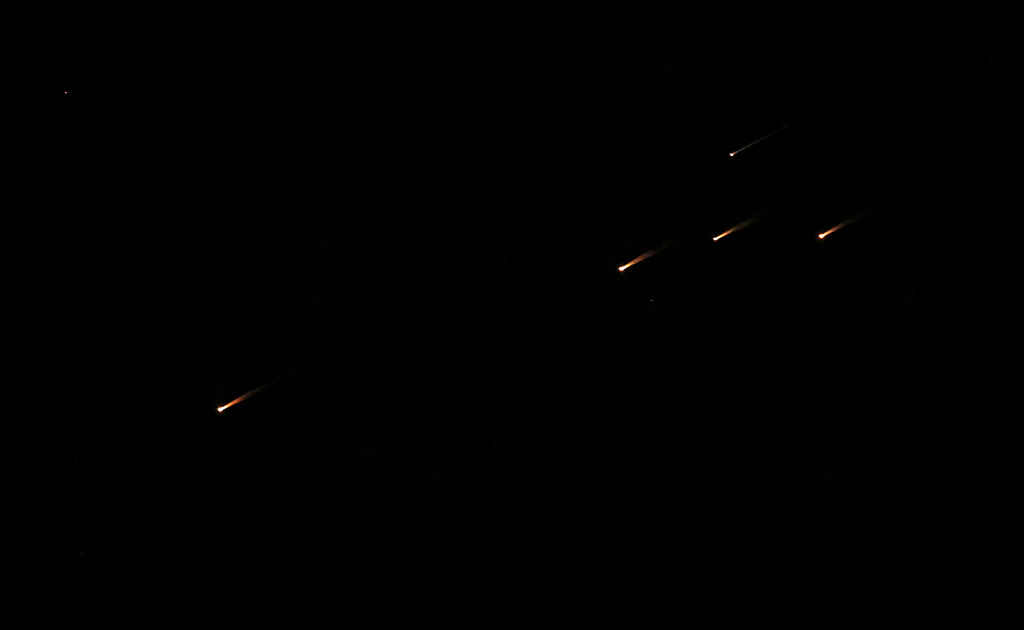
Its best, and riskiest, option would be to speed towards a nuclear weapon. Smart guesses suggest this could take many weeks. And from what we’ve seen so far, Israel can inflict a lot of damage to Iranian buildings, installation and psyches in a matter of hours. A number of weeks might just be too late. Of course, Trump is saying publicly that he wants Iran to come to the table to talk, but it seems as if the time for talking might well be at an end.
But the wildcard in all of this will be Persian nationalism, a force so potent and with such a selective memory that it’s entirely possible for large sections of the Iranian population to rally behind a hated regime as they all gather together to resist Israeli bombs. This is why Israel’s attacks have been carefully calibrated to keep civilian casualties to a minimum. Having to rely on your enemies to save you from your own people, however, is a damning indictment of an exhausted revolution.



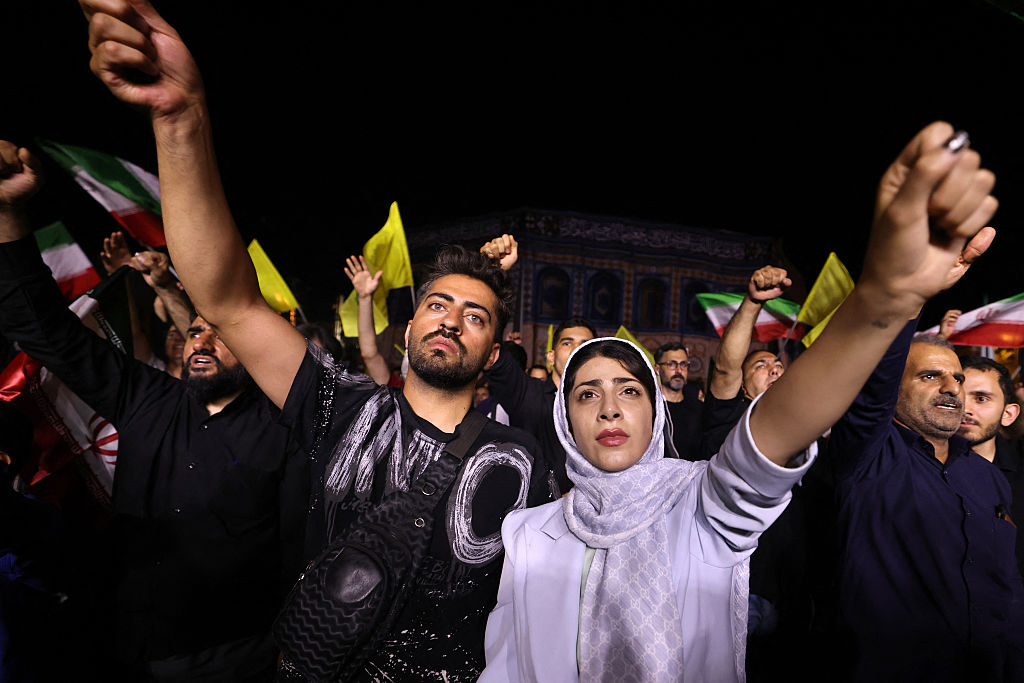










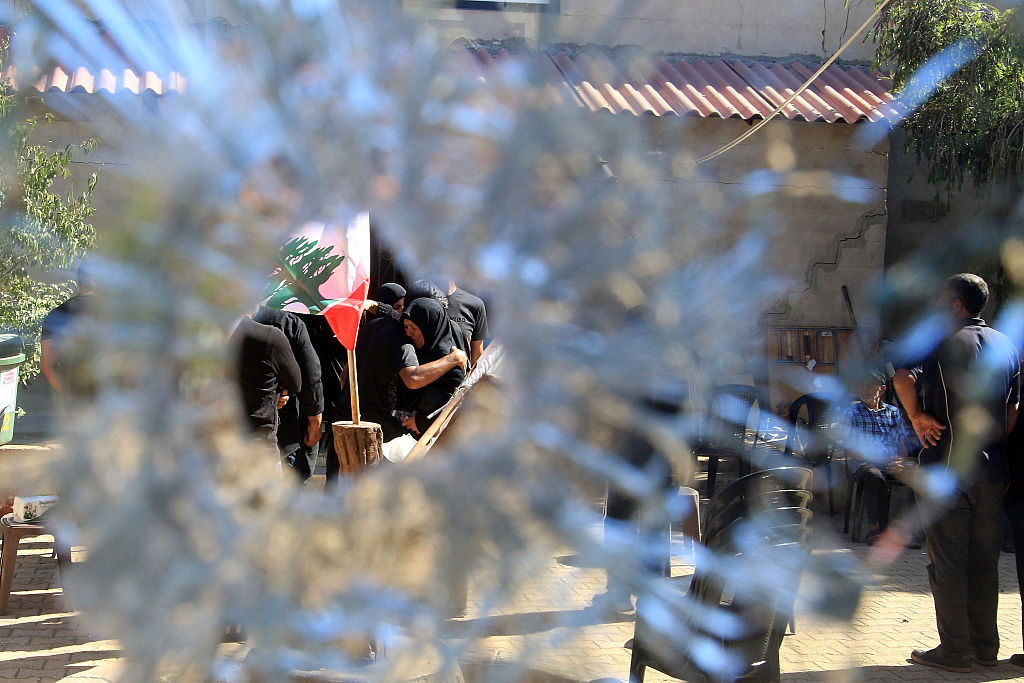
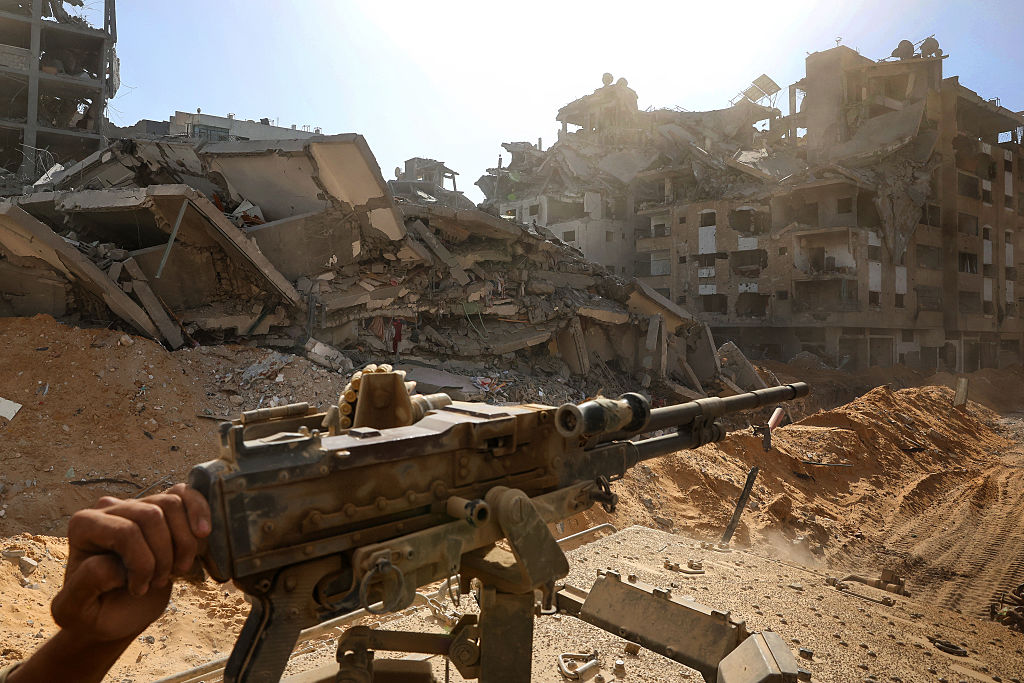
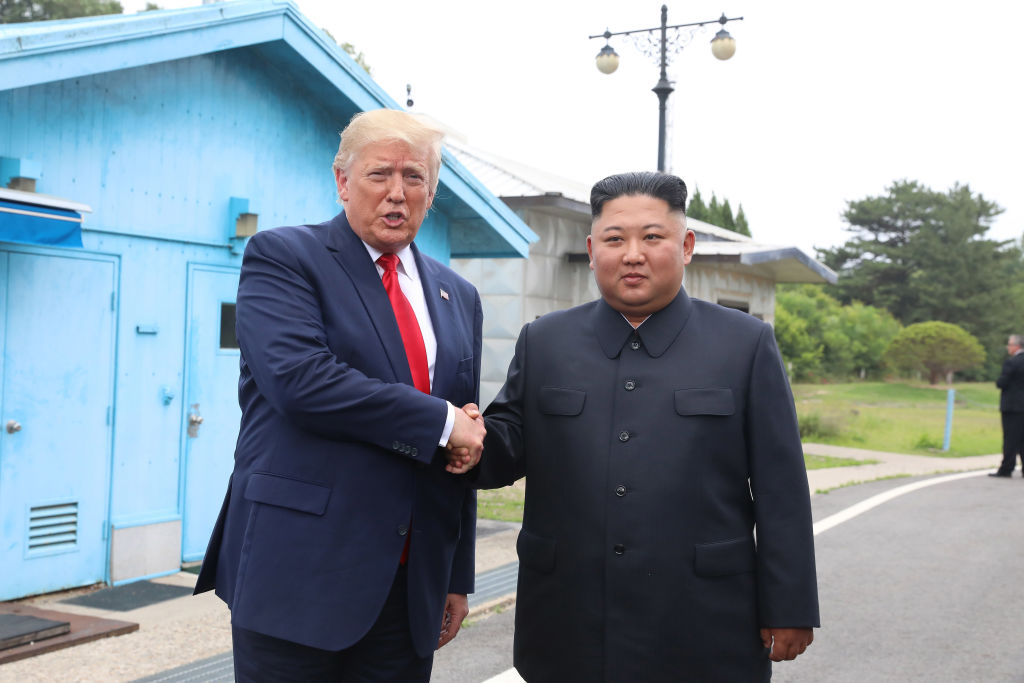

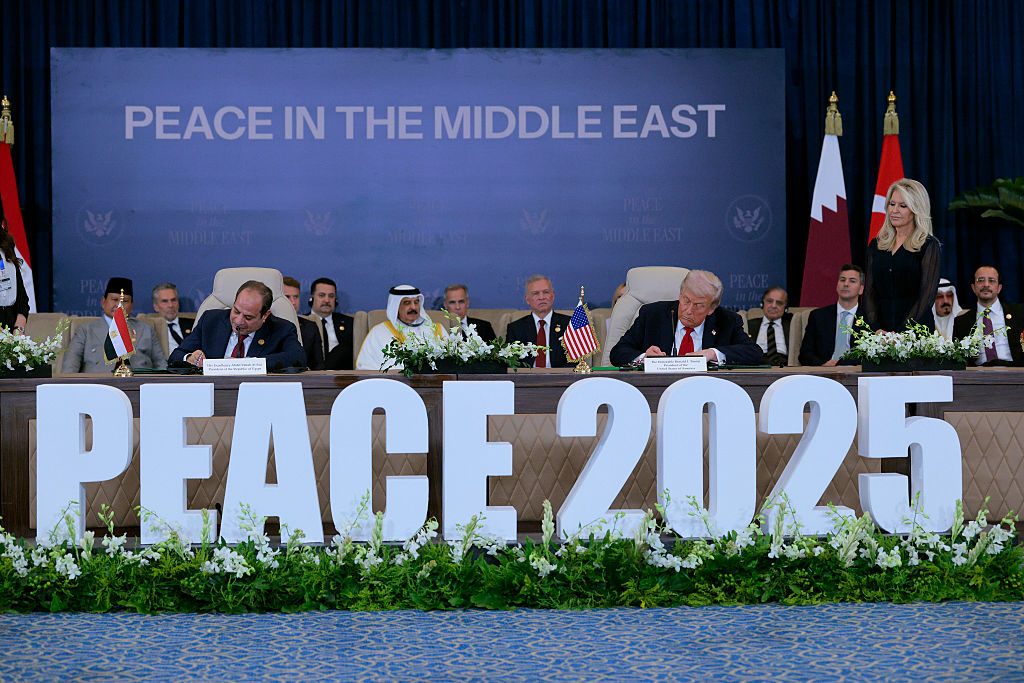







Leave a Reply